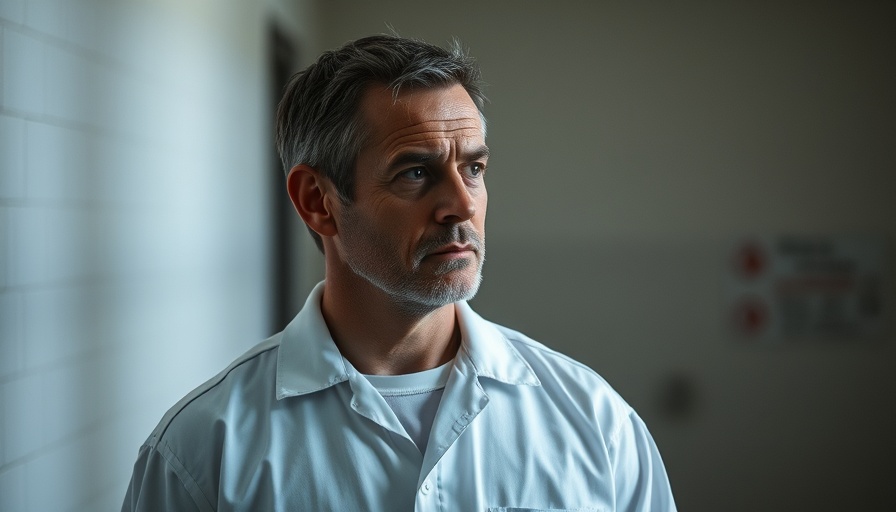
Texas Death Row Execution Sparks Controversy Over Innocence Claims
The execution of Robert Roberson, a Texas death row inmate prosecuted for a crime involving a shaken baby syndrome case, has been scheduled amidst growing claims of his innocence. As his execution date approaches, many, including Roberson's attorney Gretchen Sween, contend that he is a victim of a flawed justice system.
Understanding the Shaken Baby Syndrome Allegations
Shaken baby syndrome is a critical issue in child welfare and criminal law, often leading to severe convictions based on neurologic interpretations of injuries. In Roberson's case, allegations were primarily based on his then-infant child's medical condition, but subsequent reviews raised concerns about the accuracy of these determinations. Until recently, the medical community could misinterpret symptoms like swelling and bleeding in the brain, leading to wrongful convictions. Experts have warned that ongoing advancements in pediatric medicine and improved diagnostic tools must reconsider past convictions.
The Public Outcry Against the Execution
The public’s reaction to Roberson's impending execution is intense, with community organizations, activists, and members of the legal field rallying to his defense. Notably, a 2024 review by legal analysts highlighted inconsistencies in the evidence against him. Many argue that executing someone who may be innocent poses ethical and moral dilemmas that the justice system must address. Public sentiment reveals widespread outrage, with many Texans believing that the state should not hasten an irreversible punishment deemed unjust.
Highlighting Political and Societal Context
Roberson’s case is symptomatic of broader concerns in America's criminal justice system. With over 22% of exonerations in child fatality cases linked to shaken baby syndrome, many advocate for legislative reforms. Lawmakers are urged to scrutinize forensic evidence standards more closely, ensuring that the most vulnerable populations are protected from judicial miscarriages, particularly in Texas, known for its high execution rates.
The Potential Impact on Upcoming Legal Reforms
If Roberson's situation triggers enough public discontent, it could lead to significant changes in state laws regarding capital punishment, especially for cases hinging on medical testimony. Experts suggest potential reforms could refine how courts evaluate expert witness testimony relating to child abuse cases. Such efforts may not only provide justice for Roberson but safeguard future defendants against wrongful convictions.
Emotional Stories Tied to Injustice
The heart-wrenching emotional tales surrounding wrongful convictions often resonate deeply with the public. In Roberson's community, many family members and friends have expressed disbelief, stating they cannot fathom the possibility of his guilt. This sentiment mirrors other high-profile cases where wrongful convictions drew public scrutiny, emphasizing the palpable human toll of a flawed justice system.
Future Implications and Reflections
The clock is ticking as Robert Roberson awaits his fate, and the implications of his case could ripple through Texas and beyond. With each execution, public opinion can shift significantly, leading some states to reevaluate capital punishment altogether. Moreover, as discussions about systemic reform amplify, it invites a more extensive national dialogue on ethical considerations in administering justice.
Conclusion: What You Can Do
The injustice faced by Robert Roberson illustrates the urgent need for awareness surrounding wrongful convictions. Interested readers are encouraged to engage with local advocacy groups that fight for justice reform. By demanding transparency and accountability in our justice system, each person can contribute to a future where such failures become increasingly rare.
 Add Element
Add Element  Add Row
Add Row 



Write A Comment